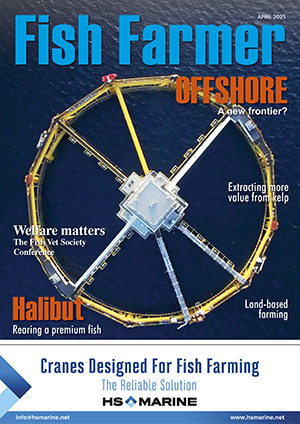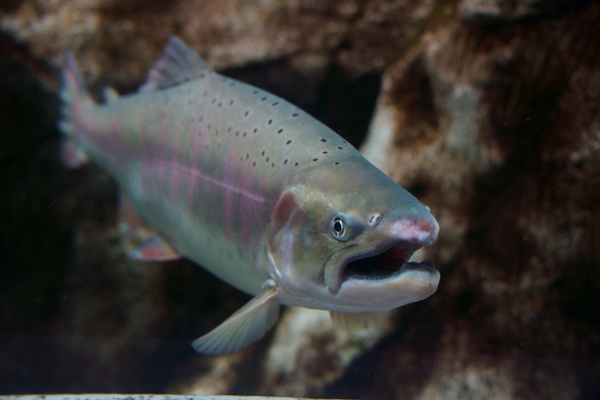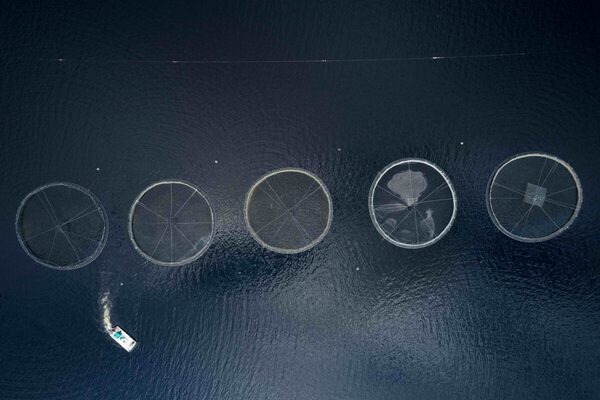Approval for 50,000 tonne land-based farm in western Norway
In one of the largest approvals for a while, the Norwegian company Bue Salmon has been given the go-ahead to build a 50,000 tonne land based facility on the coast.
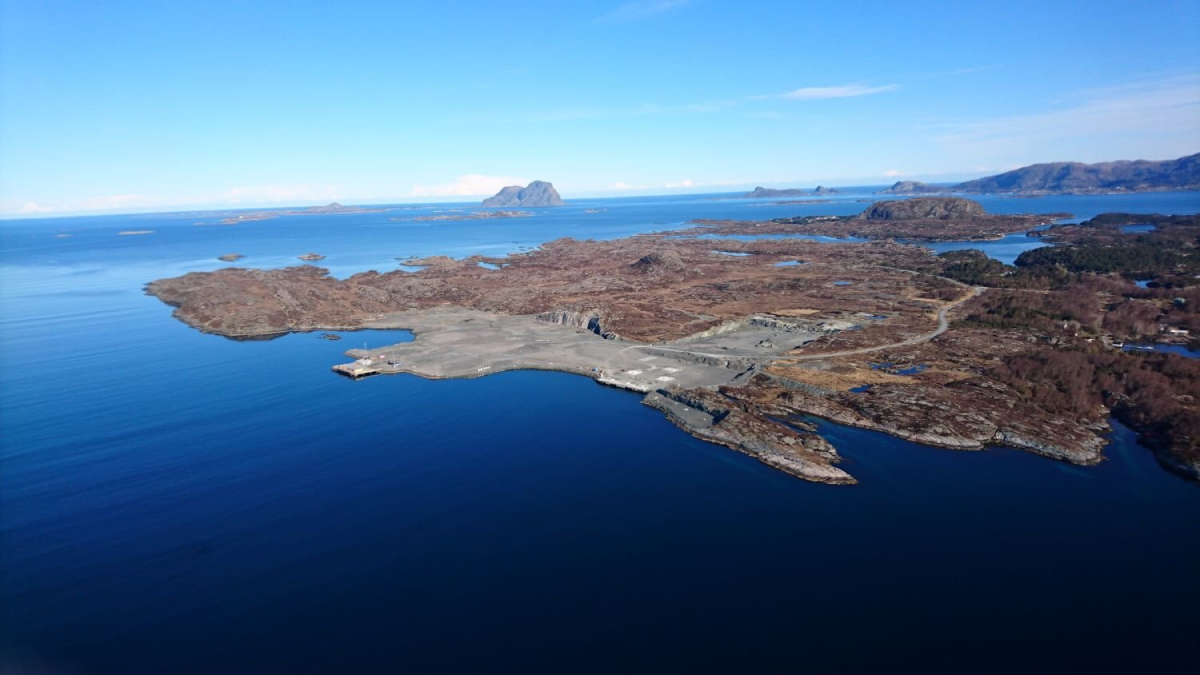
The location is Lutelandet (pictured) about 50 miles north of Bergen city, in western Norway.
Bue Salmon said the licence, granted by Vestland County Council, represents a key step in its efforts to establish sustainable, large-scale land-based aquaculture.
The company was originally known as Bulasndet Miljøfisk. It already has a licence for 5,500 tonnes of production in a flow-through facility in Bulandet and, with the new licence in place, it said it is now positioned to take a leading role in the development and operation of land-based aquaculture.
Bue Salmon CEO Knut Eikeland said: “This is a significant day for us at Bue. We are grateful for the constructive dialogue we have had with authorities, partners, and relevant experts during the application process.”
The County said the planned production of 50,000 tonnes of salmon at Lutelandet corresponds to approximately one-seventh of the current total sea-based production in Vestland County, which amounted to 344,000 tonnes of slaughtered fish in 2023.
CEO Eikland added: “50,000 tonnes is a very large volume. However, the most important thing for us is to scale up safely while ensuring that neither space nor licensing becomes a limitation. We have already started a pilot project in Bulandet producing around 1,000 tonnes annually. It has been operational for nearly three years with great results. This shows that we are ready to take the next steps.
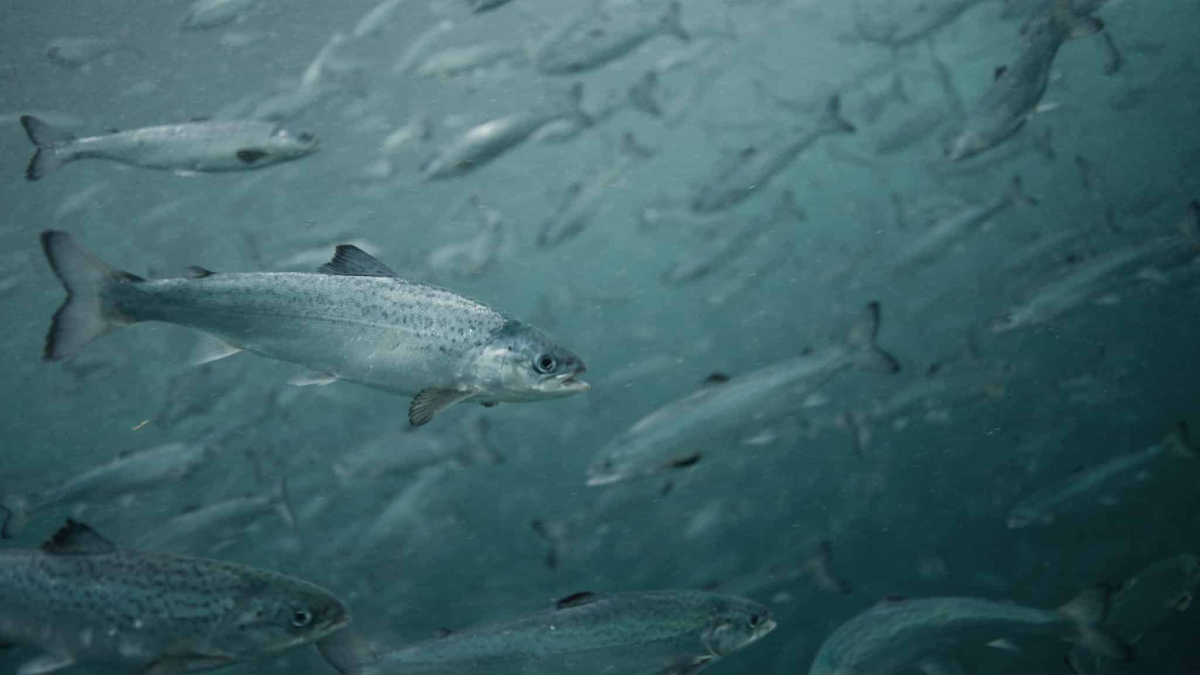
In its decision, the County emphasised: “The aquaculture industry produces seafood and creates jobs and value for Norway.
“From an environmental perspective, land-based aquaculture has several advantages compared to sea-based operations. The treatment of wastewater reduces the environmental footprint per tonne of fish produced, particularly in terms of seabed impact on recipient ecosystems. Land-based production also has lower emissions of plastic, antifouling agents, and medications for sea lice than open sea facilities.
“Furthermore, this production method can reduce issues related to sea lice, thereby minimising its impact on wild fish.”
The licence requires Bue Salmon to ensure both fish welfare and environmental sustainability. The first construction phase is currently planned with a production capacity of 12,600 tonnes.
Eikeland concluded: “The licence we have been granted demonstrates the significant scale that can be achieved through land-based aquaculture, provided we successfully manage the factors that affect fish health, welfare, and the environmental impact of production.”
